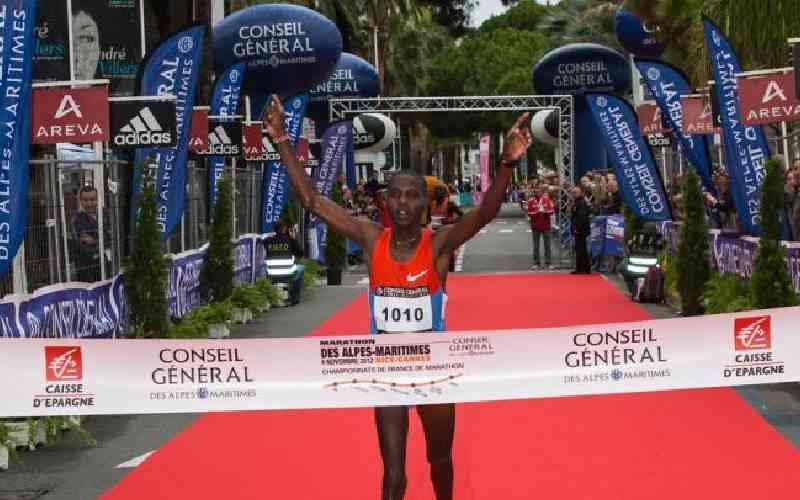Chief Emeka Anyaoku, Africa’s first Commonwealth Secretary-General (1990–2000), has paid tribute to his late predecessor, Sir Shridath ‘Sonny’ Ramphal of Guyana, for elevating the Commonwealth’s global stature.
Speaking at a memorial service on Tuesday, July1, 2025, at Queen’s Chapel in London, Anyaoku commended Ramphal for championing the Commonwealth as an international force for good.
“He gave practical expression to the principle that, although the Commonwealth cannot negotiate for the world, it can help the world to negotiate,” Anyaoku noted, citing Ramphal’s key role at the 1992 Rio Summit and in subsequent United Nations climate conferences.

Sir Shridath Ramphal, born in New Amsterdam, British Guiana (now Guyana), served as Commonwealth Secretary-General from 1975 to 1990. He passed away in August 2024 at the age of 95.
Anyaoku described Ramphal as “a master orator, an exceptional Foreign Minister of Guyana, and a significant contributor to Caribbean and global diplomacy.”
He recalled Ramphal’s pivotal role in advocating for equitable global development through the Brandt Commission, which sought increased cooperation between developed and developing nations.
Dignitaries at the service included a representative of HM King Charles III, the British Foreign Secretary, several Commonwealth High Commissioners, and representatives from Commonwealth institutions.
Anyaoku first met Ramphal in 1972 at the Non-Aligned Movement’s Foreign Ministers’ meeting in Georgetown, Guyana, which Ramphal chaired. Impressed by his intellect and charisma, Anyaoku encountered him again at the 1973 Ottawa Commonwealth Heads of Government Meeting (CHOGM), where Ramphal emerged as the leading candidate to succeed Arnold Smith as Secretary-General.
“He was unanimously elected by the Heads of Government,” Anyaoku said, recalling his own collaboration with Ramphal at Marlborough House as Assistant Secretary-General (1975–77) and later Deputy Secretary-General for political affairs and administration (1978–90), aside from a brief tenure as Nigeria’s Foreign Minister in 1983.
Anyaoku highlighted Ramphal’s successful efforts at CHOGM Lusaka in 1979 to avert division within the Commonwealth over Southern Rhodesia (now Zimbabwe). Ramphal secured consensus for the Lusaka Declaration on Racism and Racial Prejudice and initiated the Lancaster House Conference, which led to Zimbabwe’s independence.
He also recalled Ramphal’s orchestration of the Gleneagles Agreement in 1977, which regulated Commonwealth sports sanctions against apartheid South Africa—measures that remained in effect until 1991, when Anyaoku led the Commonwealth’s support for South Africa’s transition to democracy under Nelson Mandela.
Anyaoku credited Arnold Smith with transforming the British Commonwealth into an association of sovereign states, formalised by the 1949 London Declaration. Smith’s work led to key frameworks such as the 1971 Singapore Declaration, 1991 Harare Declaration, and the 2013 Commonwealth Charter.
The Commonwealth, comprising 56 member states—many formerly under British colonial rule—represents a diverse population of 2.6 billion people, largely in Africa and Asia. New members, including Gabon, Togo, Mozambique, and Rwanda, joined without prior colonial links to Britain, underscoring the Commonwealth’s evolving and inclusive identity.
Earlier this year, the 2025 Commonwealth Trade Ministers Meeting in Namibia pledged to boost intra-Commonwealth trade to $2 trillion by 2030.
Since its formal establishment in 1965, the Commonwealth Secretariat has been led by seven Secretary-Generals. Each has shaped the institution’s direction—ranging from conflict resolution and anti-apartheid advocacy to gender equality, digital connectivity, and climate action.
In 2025, Shirley Botchwey of Ghana became the first African woman to assume the post, bringing renewed emphasis on resilience, inclusive economic growth, and global cooperation.











